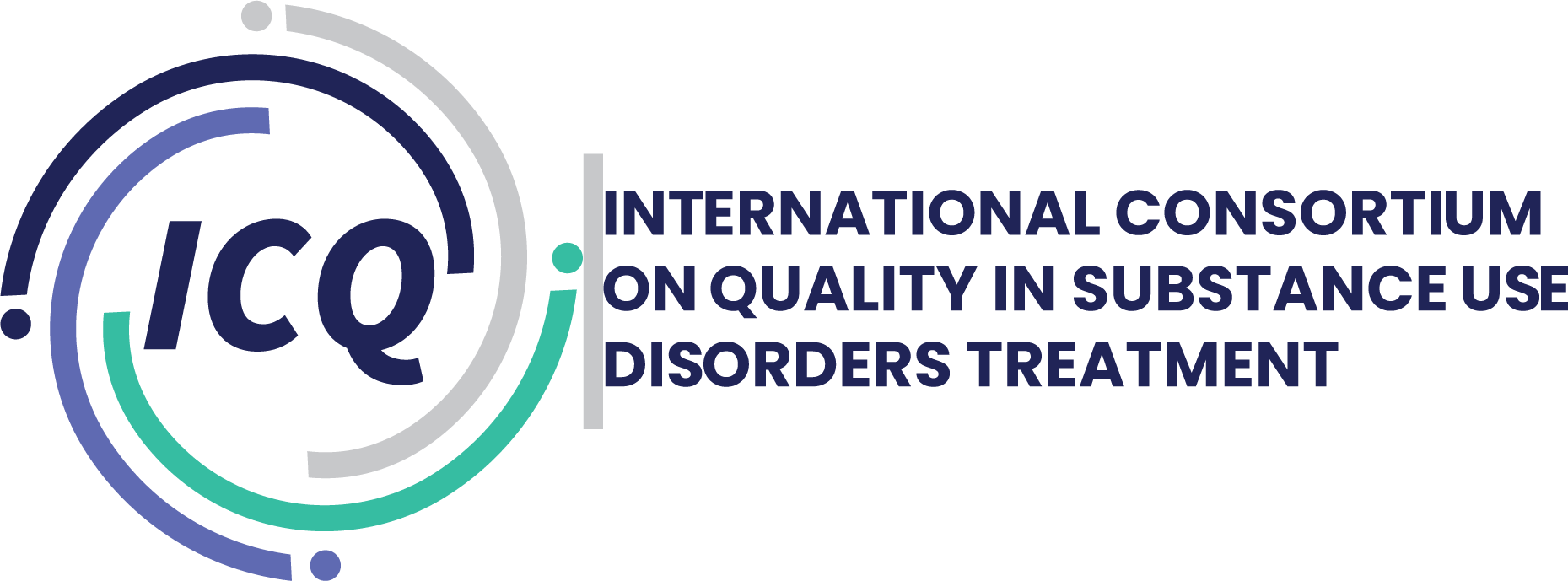Posttraumatic Stress Disorder Among Opioid Users in Dodoma, Tanzania: A Comparative Cross-Sectional Study Protocol
INTRODUCTION:
Post traumatic stress disorder (PTSD) is highly commorbid among individuals with opioid use disorder (OUD). PTSD among people with OUD is associated with severe opioid use, depression, and suicidality. Tanzania has seen a rise in opioid use over the past few years and the presence of PTSD among people with OUD predisposes patients to more negative impacts and impedes the recovery process. We aim to assess the prevalence and factors associated with PTSD among individuals with opioid use disorder (OUD) attending medication-assisted therapy (MAT) clinic in comparison to non-opioid users attending a general medical clinic.
METHODS:
This study will employ a comparative cross-sectional design. A sample of MAT clients and individuals attending the general outpatient clinic will be screened for PTSD and related factors. We will also compare the clinical presentation including the trend of symptoms of PTSD between the two groups. Data from the two groups will be compared and analysed using SPSS version 26. Means and relationships will be compared using parametric tests and the Chi-square test. To determine the relationship between the occurrence of PTSD and associated factors in the two groups at a 95% significance level, multivariate logistic regression analysis will be performed.
CONCLUSION:
The study will be the first of its kind in Tanzania to estimate the absolute and relative prevalence and severity of PTSD among opioid dependent individuals and those in the outpatient medical clinic. The study findings would form the basis and rationale for establishing trauma-informed addiction care in Tanzania.
